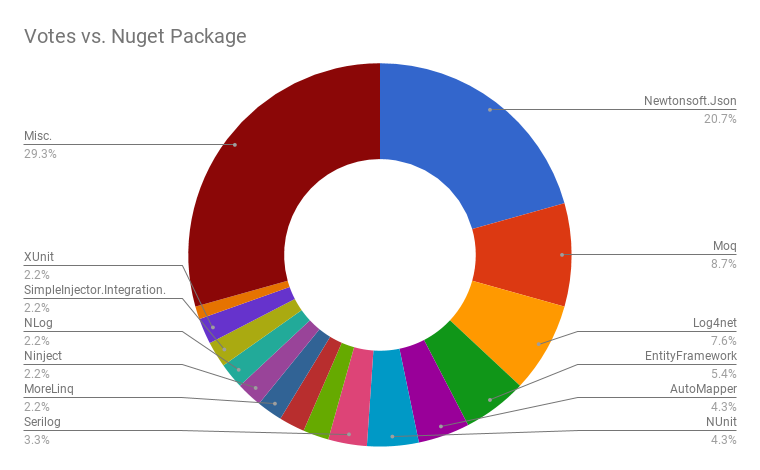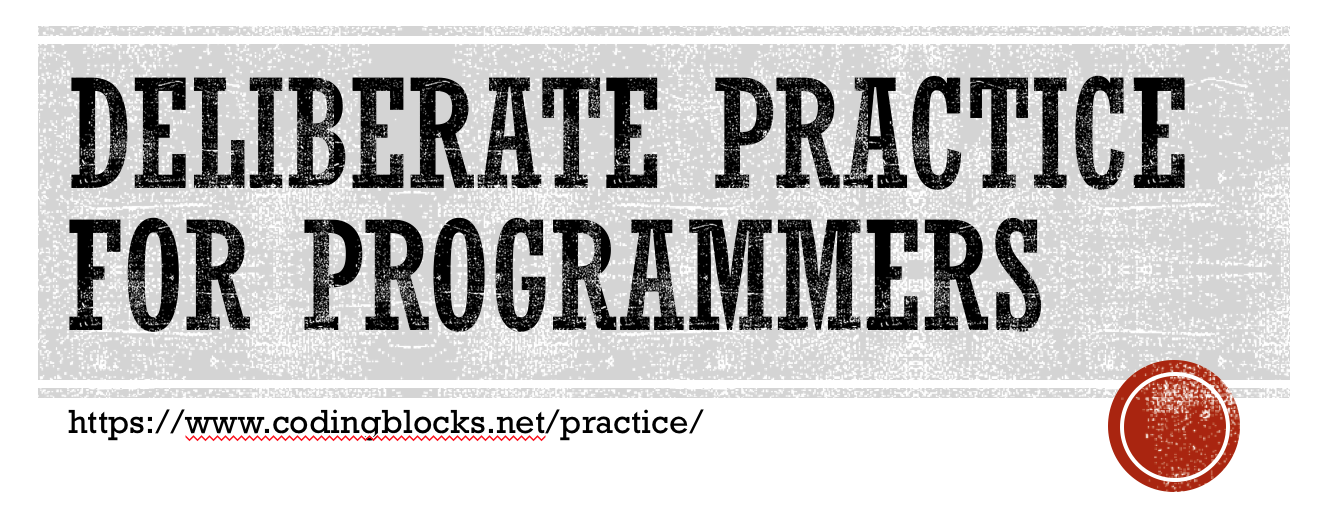I’ve got a small project that I need to complete for an upcoming presentation on JAMstack. Since I was starting the project from scratch I thought it might be interesting to record the process so I could see how I spent my time.
Here is the video:

I’ve got a small project that I need to complete for an upcoming presentation on JAMstack. Since I was starting the project from scratch I thought it might be interesting to record the process so I could see how I spent my time.
Here is the video:
I recently published a website that was built with technologies I was unfamiliar with. I accomplished my goals for the side-project and I learned a lot about those new techs. Yay!
I didn’t feel good about the quality of my work. I took lazy short-cuts and found “creative” workarounds which ran counter to the spirit of the technologies I was supposedly trying to learn. I knew this was a problem from the start, because I’ve been down this road many times before and I recognized that I had conflicting motivations.
I wanted to learn the new techs, but I also wanted to ship before the end of the holiday season. The deadline was self-imposed, sure, but I thought it was important because the vast majority of my attempted side-projects wither up and die long before making it to the mausoleum.
TL;DR: Don’t do weird stuff to JavaScript arrays.
*ahem*
In the standard definition of Array data structures in Computer Science, arrays are a collection of like elements where any member may be accessed by an index. That definition doesn’t sound very different from an Hash Table or it’s ilk, but the key distinctions here are that the elements of the array must take up the same size in memory, and that the array indexes need to be numeric so that the logical address of any individual element can be derived from that number.
[Read more…]
When we discussed development workflows on the recent Docker for Developers episode, I mentioned that I had a frustrating time trying to come up with a workflow that I felt comfortable with.
I figured I either had to rebuild my code inside of a container (yuck!) via command line, or kill the container and rebuild it.
It turns out that the second option actually works out pretty well. Docker Compose is smart about only spinning up the items that are necessary, and the Layered Filesystem keeps rebuilds fast.
I finally got around to looking at Visual Studio’s support for docker, and it’s really snazzy! Not only was it a nice, integrated experience, but it was also really easy for me to see how it worked. If only I had started out this way, I could have saved myself some aspirin!
Check out the quick video below:
We graphed the results of our recent contest for Practical Test-Driven Development using C# 7 and thought you might be interested in the results! This wasn’t a scientific survey, so take these results with a grain of salt.

What is your favorite Nuget Package?
Want to participate in contests like this in the future? Join the mailing list!
Huge thanks to John Callaway and Clayton Hunt for sponsoring the giveaway, go check out their podcast: The 6 Figure Developer.
The Coding Blocks slack has been the best thing to fall out of this crazy podcast that we do. We are constantly humbled, and learning new things from this global community, and it’s high time that we stop hogging the mic!
Huge thank you to all participants, we are really happy with how things have turned out and we are looking forward to more things to come in the future. Big thanks to Andrew and Sean for pushing us to make this happen, and an extra special thanks to Sean for moderating!
We took a lot of inspiration for the format from the Productive Developers Podcast discussions as well, so make sure to check it out if you enjoy this sort of thing: Productivity in Tech on YouTube
So, without further ado – Welcome to the first Coding Blocks Community Talk!
[Read more…]
Git is currently the default choice for source control. We may take that for granted today, but it was not always a clear winner. Mercurial was a serious contender for the DVCS crown, but perhaps the fiercest competition came from the status quo.
Some of the arguments that I am hearing about Docker today remind me of the arguments against Git in 2010 while it was rocketing towards ubiquity.
Arguments like…
The heart of these arguments is the same:
“It solves a problem that I don’t have”
[Read more…]

I wrote a brief review for Airbrake.io on Capterra and I wanted to share my experiences in more detail over here on the cb blog. I set up the service on 3 different apps, and each app had its own story to tell. In this post I’ll tell you about those 3 apps, and what we were able to find and fix thanks to Airbrake.io.
[Read more…]

The Coding Blocks podcast has always been about trying to figure out how we can be better programmers.
I was fascinated by the book Outliers a few years ago, and it is quite controversial now though I think the premise is solid: Extraordinary skills require a winning combination of opportunity AND hard work.
I’ve been on a quest to create and foster these two things ever since!
[Read more…]
